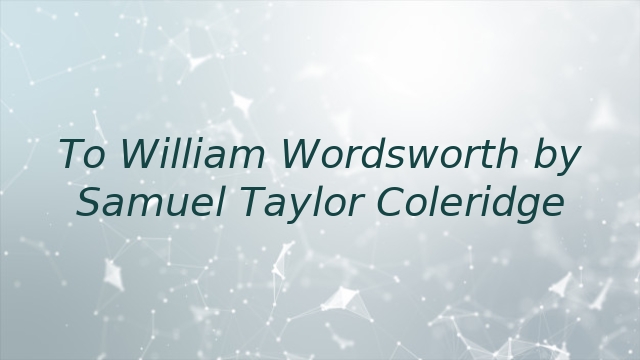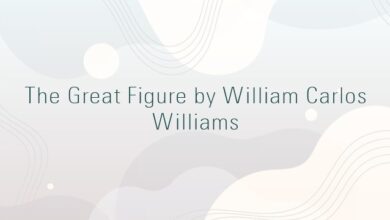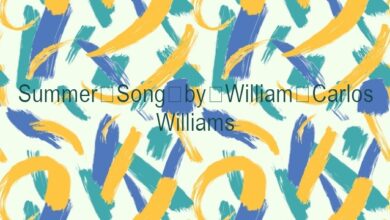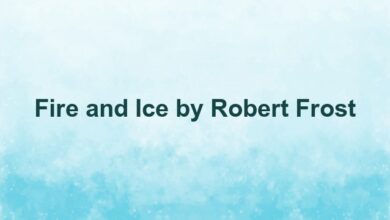
This is one of Coleridge’s “conversational poem” for William Wordsworth, perhaps composed in 1807. Coleridge’s collection of “blank verse” poetry, was published in conjunction with William Wordsworth in Lyrical Ballads, with a Few Other Poems (1798).
This be the meed, that thy song creates a thousand-fold echo!
Sweet as the warble of woods, that awakes at the gale of the morning!
List! the Hearts of the Pure, like caves in the ancient mountains
Deep, deep in the Bosom, and from the Bosom resound it,
Each with a different tone, complete or in musical fragments—
All have welcomed thy Voice, and receive and retain and prolong it!
This is the word of the Lord! it is spoken, and Beings Eternal
Live and are borne as an Infant; the Eternal begets the Immortal:
Love is the Spirit of Life, and Music the Life of the Spirit!
The original title is the Latin, “AD VILMUM AXIOLOGUM, first published in 1893. These lines were found in one of Coleridge’s Notebooks (No. 24). The first draft immediately follows the transcription of a series of Dante’s Canzoni begun at Malta in 1805. If the Hexameters were composed at the same time, it is possible that they were inspired by a perusal or re-perusal of a copy of Wordsworth’s unpublished poems which had been made for his use whilst he was abroad. Wordsworth himself was responsible for the Latinization of his name. A Sonnet on seeing Miss Helen Maria Williams weeping at a tale of distress, which was published in the European Magazine for March, 1787, is signed ‘Axiologus’





